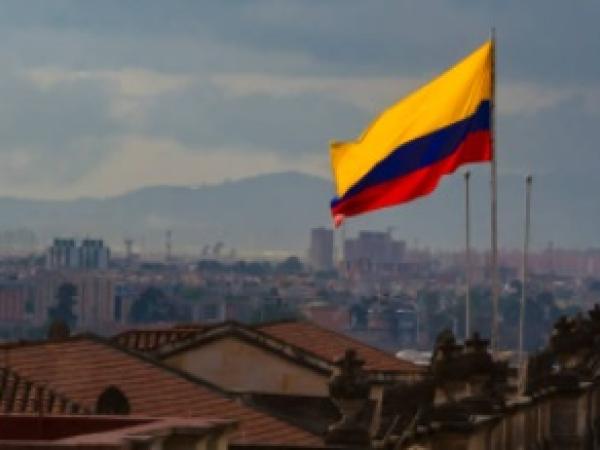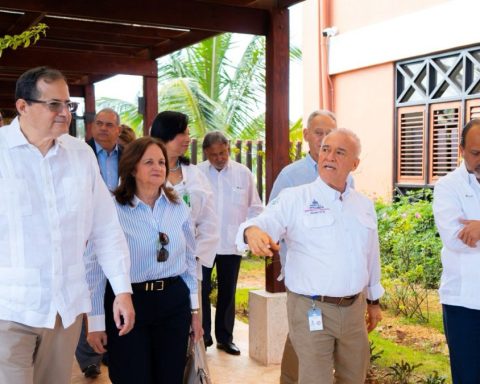The Minister of Transport and Telecommunications, Juan Carlos Muñoz, addressed various matters corresponding to the portfolio he presides over, among them, the collapse registered in the Metro last week, the useful life of the Transantiago buses and their prices, as well as the proposal of a “zero cost” transport.
in conversation with DNA Radiusthe Secretary of State referred to the burning of more than 20 public transport buses in Maipú, which revealed that said fleet had already fulfilled its useful life, clarifying that, although they did not travel the streets, there was evidence of more use beyond the recommended.
“In the previous administration, electric buses and Euro6 were brought in, which came to replace the older ones. There is a counterpoint: that we were not informed of some other buses whose useful life was extended by more than 12 years. There are some that are from the 2005. Something important that is coming now: we will be bringing more new and electric buses”, he stated.
However, said renewal would mean increases in public transport, for which the minister stated that the rates “will remain that way this year; normalization will begin in January. We hope that users understand that the rate has to move towards recognizing what are the costs in terms of the needs that the system has to cover”.
“We are going to continue working on renewing the bus fleet. Part of our commitment is to renew the other part of the city, to generate a systematic form of new and old buses. We will always have new and old buses,” he said.
On the other hand, Minister Muñoz referred to the possibility of establishing “zero cost” transportation in the country, alluding to the fact that three pilots were proposed in President Boric’s program.
“There are interesting arguments to be able to think about it. In President Boric’s government program, three pilots were proposed: we will search in regions, not in Santiago, and we will see the effects of the measure. We will see what happens, what types of trips it attracts, at what time and that if as a result of being free, the buses go faster,” he commented.
About what happened in the Santiago Metro. The minister stressed that despite what happened, the underground network is one of the systems with the fewest failures globally.
“This kind of system has this type of failure. And in that sense, we must highlight the resilience of the network, in that a piece failed when the section to Las Rejas was stopped, people had a way to get around Line 5. There are alternatives” , hill.


















